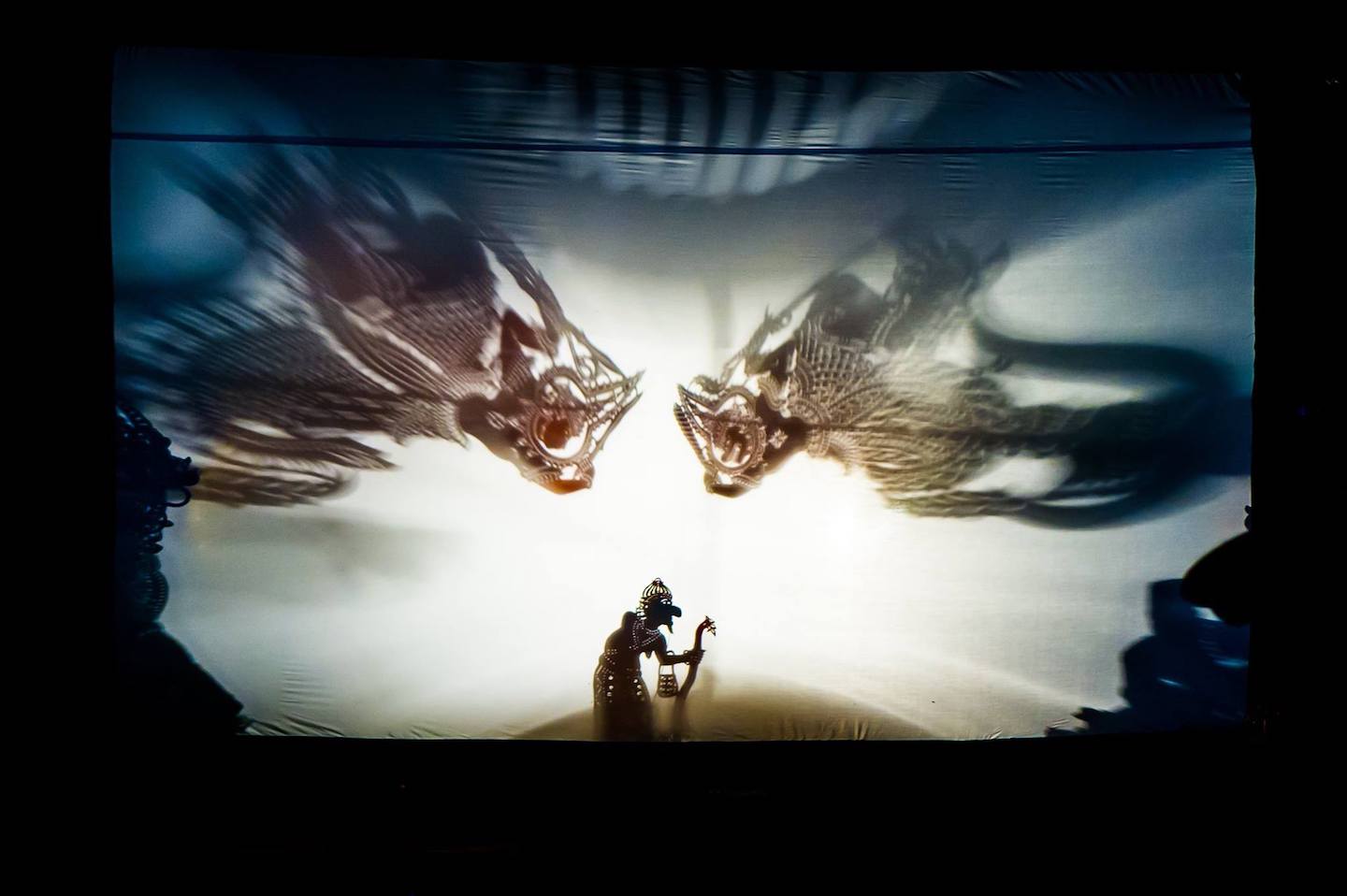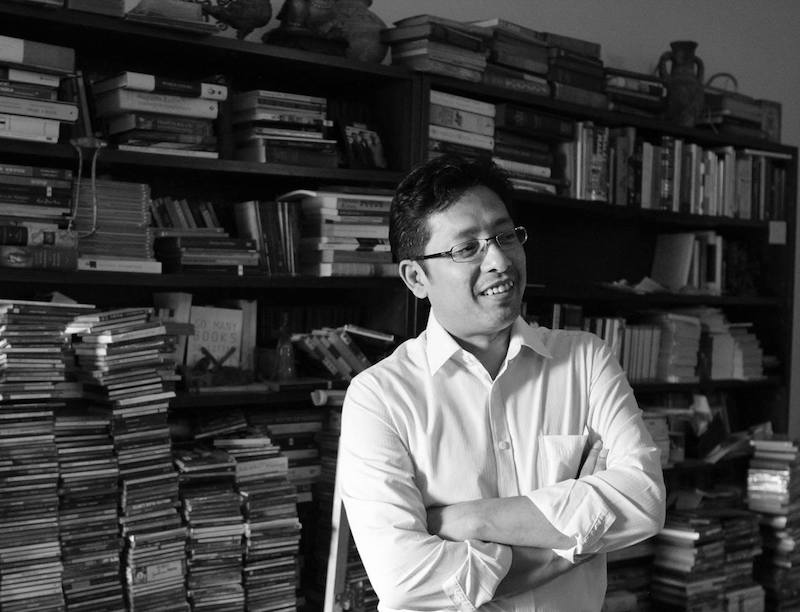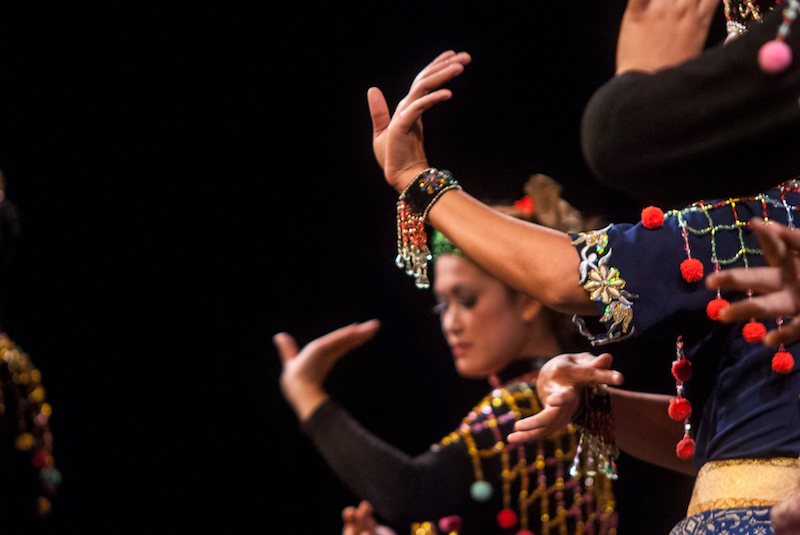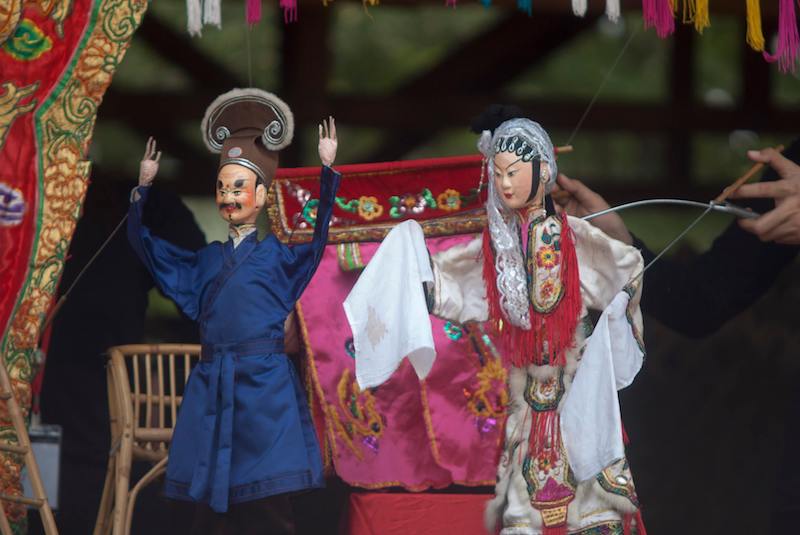
Wayang kulit of Kelantan (Photo: Cheryl Hoffman)
For the last 16 years, Pusaka has been at the vanguard of keeping our intangible heritage alive. And now, the dedicated custodian of Malaysian cultural rituals and traditional performing arts (and a few regional ones) is stepping up its efforts in bringing tangibility to the communities of traditional performers and cultural groups it has worked closely with.
Pusaka has launched a website, mainly to make public its archive — the materials it has accumulated over the years.
“When Pusaka was first set up, it was to contribute to a broader public education of cultural art forms. So we have had regular open performances and engagement with the public. But over the course of all that time — I have personally been doing this work for 30 years — we have been recording and interacting with so many master artists,” says founder and director Eddin Khoo. The idea of championing our intangible heritage came to him when he was a bored journalist looking for something different — he had travelled to Kelantan to document the wayang kulit performances that were banned by the PAS state government.
It would become an ongoing decades-long relationship with the local community that he is both humbled by and proud of today. “I can only say, we are family,” says Khoo. “Some of these communities I have known since I was in my early twenties, and I’m going to be 50 next year.
eddin_khoo.jpg

“What I want to do through the website is also to share that odyssey of our work, from the invaluable material — many of the people we started out working with are no more — that we have now sorted, logged and archived. The public can now trace our progress, how we have discovered and rediscovered things in different states and districts.”
Its documentation and archiving of over 30 major Malaysian traditions and art forms, mostly done in audio and video recordings, arguably makes Pusaka the biggest public archive of Malaysian rituals and traditional performances in the world.
To be unveiled in stages, the website will also introduce Pusaka’s publishing arm, with a series of monographs (which will come with instructional DVDs and CDs) set to be released at the end of the year. Khoo says Pusaka also hopes to launch a cultural map of Malaysia soon, which draws inspiration from his early “bohemian” days of just getting into his car and driving somewhere, sitting and talking to locals wherever he went.
Acknowledging that the work itself is a long, continuous process, he says the idea is to systematise the narrative of our cultural traditions, which he feels is extremely rich and revealing of how complex a society we really are.
mak_yong.jpg

“I always get very frustrated because we have a lot of cultural dialogue, but it is often reductive and politicised. I would even use the word ‘ignorant’. When you get into the bloodstream of the country, you would realise that from the very beginning we have had this kind of congruence in our cultures and traditions, and that cultural encounter has always been our country’s foundation of life. To separate and polarise it is nonsense. That is why one of the main objectives of Pusaka is to document, to give intellectual context to these forms, the communities and their backgrounds,” Khoo says.
Shedding light on the state of traditional art and cultural forms in this country, he says that one of the surprising things many people may not realise is that 70% of the practitioners of these forms today are under 30 years old. Another hopeful thing is that over the last decade there has been a growing awareness of and appreciation for these traditional art forms.
Perhaps it has something to do with the fact that Khoo is adamant that Pusaka avoids defeatist or “charity” language or mentality. But one of the key reasons its work is so effective is that the goal has never been the survival of the form itself, but the community in which the form is rooted.
“These traditions are not a matter of performance. They are deeply spiritual, the individual spirit, community spirit. Of course, in more recent times, the word ‘spirit’ has become so contentious, but these are therapeutic and healing traditions that are necessary for a community’s well-being. So it is not a matter of singing a few songs for the entertainment of people,” says Khoo.
pusaka_3.jpg

It is why Pusaka believes not in the preservation of the traditional forms, but in ensuring these forms and the communities who practice them remain relevant and part of modern Malaysian society. Besides local instruction and youth engagement, another of its pillars is cultural revitalisation.
“I don’t think we have actually discovered or explored enough how financially viable and valuable these traditions are. They used to be, but now we have to see it in more integrated ways. We have to look more broadly at the entire kampung, the surrounding district, for example, to see what kinds of things we can attach to, say, tourism. There must be imagination at the leadership level in the soft economy. Not everything should be concentrated in major cities. A place like Machang should be economically viable for young people, so they do not leave, so there is no alienation and displacement,” Khoo says.
Conceding that Malaysians have been hard-pressed to focus on much beyond bread-and-butter issues, he observes sadly that the nation’s fixation on modernisation and industrialisation has paradoxically led to a desperation to understand ourselves.
“See how it has unravelled? Just look at the gutter language we use these days — we are not a culture that does that. The vulgarity and brutishness of our collective lives, right to the leadership level, have a tremendous impact and effect,” Khoo laments.
To turn the tide, he says sentimentality needs to be replaced with focus. “In the 16 years I have worked with Pusaka in various places all over Malaysia, we have never had a better time for us, though sometimes I still despair. To start afresh, where do you go? To the foundation — you go to society’s memory, that’s where you build. So, I think the first people to look to [for inspiration] are the traditional communities. Because strong roots and communities are what make the nation.”
This article first appeared on Aug 27, 2018 in The Edge Malaysia.


